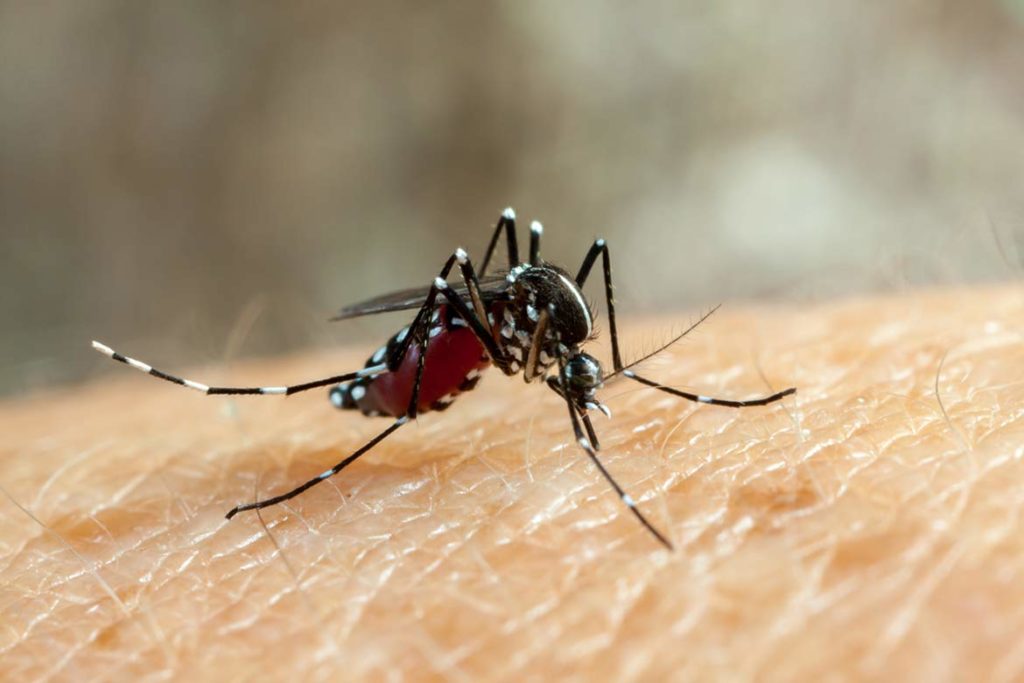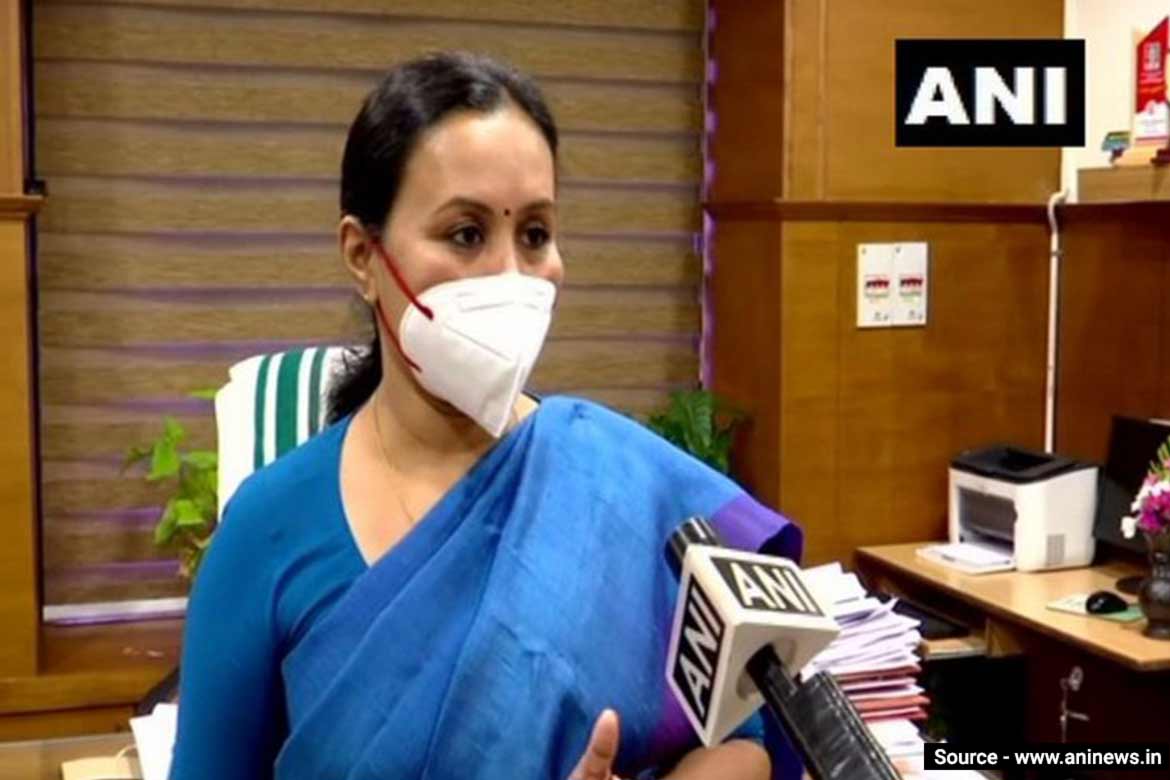The alert has been issued after several cases of Zika virus were reported in Kerala. The state reported 3 more Zika virus infections on Sunday taking the total count in the state to 18 when the southern state is already struggling with a spurt in fresh COVID-19 infections. Health Minister Veena George says the first case of infection was reported in a 24-year-old pregnant woman. According to the World Health Organization (WHO), pregnant women are the most vulnerable to this virus. It can also affect the unborn child. Amid this new threat, it is important to know about this virus.
What is Zika Virus?
Zika virus is transmitted throughthe bite of the Aedes aegypti mosquito. The same mosquito is responsible for dengue and chikungunya transmission. The virus can also transmit through sexual contact with an infected person.
The maiden case of the Zika virus was reported in Uganda in 1947. Five years later, this virus was found in humans. The first Zika virus epidemic occurred in 2007 on Yap Island in the Pacific Ocean. After this, the epidemic reached Brazil, America and Asia.
How lethal is Zika?
Pregnant women are most at risk of infection. According to the World Health Organization, the risk of Guillain-Barré-syndrome increased during the epidemic caused by Zika spread. It is a neurological disorder that can cause paralysis and death in humans.
Infection in pregnant women can cause microcephaly and other congenital diseases in the newborn. This is called congenital Zika syndrome. It increases the complications in pregnancy of pregnant women and also increases the risk of miscarriage. The 2017 epidemic in Brazil suggests that the risk of death from infection was up to 8.3 percent.

Also read: How Dangerous Is Bird Flu For Humans? Know Here About This Avian Disease
What are the symptoms?
Many patients infected with Zika do not show symptoms. The symptoms that appear are very similar to those of the flu. One must be on alter if symptoms like fever andheadache appear. Besides, there can be skin rashes like dengue. Conjunctivitis may also occur in some patients. Symptoms begin to appear about 3-4 days after infection.
Its treatment:
The WHO says that no specific treatment or vaccine has been developed for Zika virus so far. In case of mild symptoms, the patient is advised to take a rest. The patient must keep the body hydrated. Though, some painkillers and fever-controlling medicines may be given to treat symptoms.
